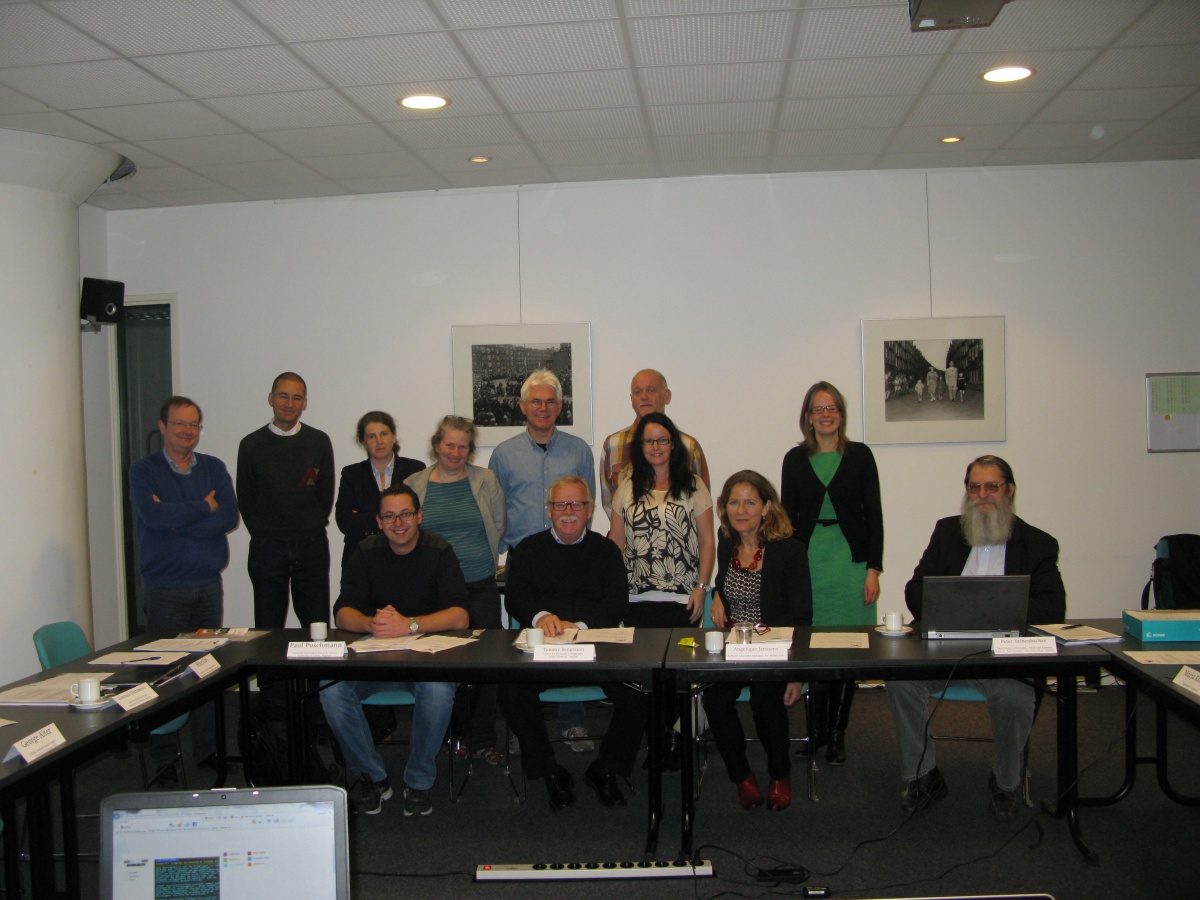Published on Tue, 2013-11-19 08:26
Working Group 4 – Extraction software for IDS
The main objective of the meeting was to discuss the advances made since the last meeting in 2012. The working group has created extraction software to make episode files for mortality and fertility. A validation program has also been created in order to check for problems in the IDS databases. A second major objective was to decide on how to create an extraction software for imputing occupation over time. There was an agreement on how to move further on this matter, and the result will be presented in May 2014. An extraction software on marital status will also be presented at this point.
Luciana Quaranta described progresses on an Extended IDS that can be used to store covariates and events created for analysis. All the covariates and events created from extraction programs (e.g., fertility, mortality, occupation) can be stored in extended IDS. An extraction program can be used to select variables from those stored in extended IDS and construct an event chronicle file. An event chronicle file should have the same format as the IDS tables with the addition of the variable OnStart, which defines whether a variable is a covariate or an event. The event chronicle file can be imported into STATA and the “episodes file creator” written by Luciana Quaranta can be used to convert the data into an episodes table that is ready for analysis.

Working Group 7 - Education
The main goal of the meeting was to decide on a structure for summer courses on Historical Life Course Studies in Europe. ICPSR held their last course this year, the first EHPS-Net summer course was held in Cluj.
It was decided to organise three elementary courses and three advanced courses:
Elementary
1. Database IDS (building): course on how to build a database from scratch, about 1 week.
2. Course on how to use IDS, statistics, elementary demography, as a preparation for the advanced courses, 1-2 weeks.
3. IDS User course: course on how to program, as well as how to communicate with programmers.
Advanced
1. A course on 1st Transition, Social mobility, Early life Lund; 2 weeks in Lund.
2. A course on Advanced statistics, Class structure, Early life; 2 weeks in Umeå. A course on Family, Household, West-east comparison, Pre- and 1st Transition; 2 weeks in Leuven/Nijmegen.
At the meeting the programs of the courses, the entrance requirements, etc. were discussed.

